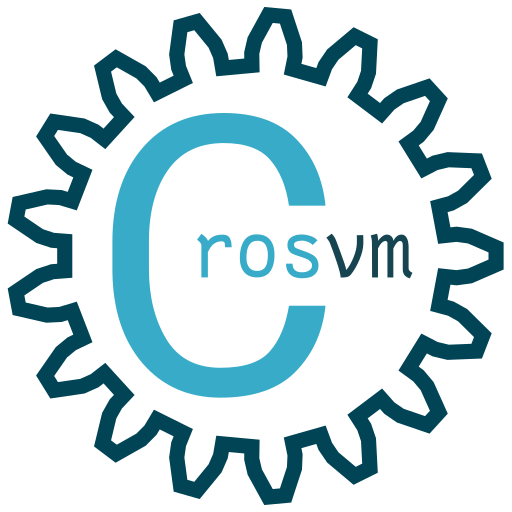mirror of
https://chromium.googlesource.com/crosvm/crosvm
synced 2024-11-24 12:34:31 +00:00
No description
Change-Id: If86c6cd531b854293a93208de5254664f5ee6bec Reviewed-on: https://chromium-review.googlesource.com/c/crosvm/crosvm/+/4637612 Reviewed-by: Dennis Kempin <denniskempin@google.com> Commit-Queue: Daniel Verkamp <dverkamp@chromium.org> |
||
|---|---|---|
| .cargo | ||
| .config | ||
| .devcontainer | ||
| .github | ||
| .vscode | ||
| aarch64 | ||
| acpi_tables | ||
| arch | ||
| argh_helpers | ||
| audio_util | ||
| base | ||
| bit_field | ||
| broker_ipc | ||
| common | ||
| cros_async | ||
| cros_fdt | ||
| cros_tracing | ||
| cros_tracing_types | ||
| crosvm_cli | ||
| crosvm_control | ||
| crosvm_plugin | ||
| devices | ||
| disk | ||
| docs/book | ||
| e2e_tests | ||
| fuse | ||
| fuzz | ||
| gpu_display | ||
| hypervisor | ||
| infra | ||
| io_uring | ||
| jail | ||
| kernel_cmdline | ||
| kernel_loader | ||
| kvm | ||
| kvm_sys | ||
| libcras_stub | ||
| linux_input_sys | ||
| logo | ||
| media | ||
| metrics | ||
| net_sys | ||
| net_util | ||
| perfetto | ||
| power_monitor | ||
| prebuilts | ||
| proto_build_tools | ||
| protos | ||
| qcow_utils | ||
| resources | ||
| riscv64 | ||
| rutabaga_gfx | ||
| sandbox | ||
| serde_keyvalue | ||
| src | ||
| swap | ||
| system_api | ||
| tests | ||
| third_party | ||
| tools | ||
| tpm2 | ||
| tpm2-sys | ||
| tube_transporter | ||
| usb_sys | ||
| usb_util | ||
| vendor | ||
| vfio_sys | ||
| vhost | ||
| virtio_sys | ||
| vm_control | ||
| vm_memory | ||
| win_audio | ||
| win_util | ||
| x86_64 | ||
| .dockerignore | ||
| .envrc | ||
| .gitignore | ||
| .gitmodules | ||
| .rustfmt.toml | ||
| ARCHITECTURE.md | ||
| Cargo.lock | ||
| Cargo.toml | ||
| CONTRIBUTING.md | ||
| DIR_METADATA | ||
| LICENSE | ||
| mypy.ini | ||
| OWNERS | ||
| OWNERS_COUNCIL | ||
| PRESUBMIT.cfg | ||
| pyproject.toml | ||
| README.chromeos.md | ||
| README.md | ||
| rust-toolchain | ||
crosvm - The ChromeOS Virtual Machine Monitor
crosvm is a virtual machine monitor (VMM) based on Linux’s KVM hypervisor, with a focus on simplicity, security, and speed. crosvm is intended to run Linux guests, originally as a security boundary for running native applications on the ChromeOS platform. Compared to QEMU, crosvm doesn’t emulate architectures or real hardware, instead concentrating on paravirtualized devices, such as the virtio standard.
crosvm is currently used to run Linux/Android guests on ChromeOS devices.
- Documentation
- Announcements
- Developer Mailing List
- #crosvm on matrix.org
- Source code
- API doc, useful for searching API.
- For contribution, see the contributor guide. Mirror repository is available at GitHub for your convenience, but we don't accept bug reports or pull requests there.
- Public issue tracker
- For Googlers: See go/crosvm#filing-bugs.
